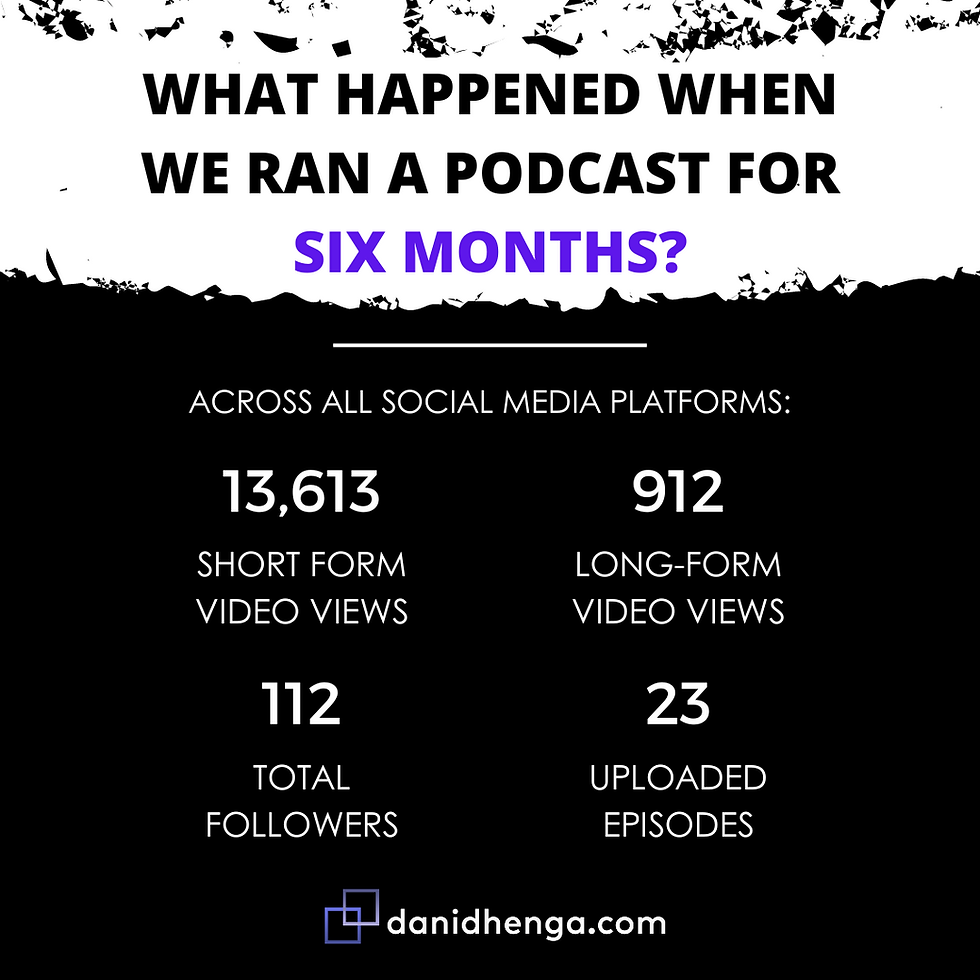Three Important Reasons to Gather Feedback During Disruptions | Dan Idhenga
- Dan Pandeni Idhenga
- Oct 18, 2021
- 2 min read
Updated: Jul 22, 2024
Critical reflection allows us to acknowledge the successes and failures in your business.

Disruptions are unpredictable, and it is hard to know exactly how long they will last or how it will turn out. Employees will be anxious to know what is going on and what to expect, and you need to find out what they need to work through it.
Companies often cut down on unnecessary expenses, but make sure that your employees play a role in determining what is essential. Continue reading to learn three important reasons to gather feedback during disruptions.
"Even when the decisions break from what employees want, it is better because the managers know what to expect once it is implemented."
1. Waiting for Feedback Magnifies the Crisis
When you have a crisis, you may be very busy managing it. It is easy to put getting feedback from employees on hold while you attend to more pressing matters. In fact, it could make things worse if employees are used to giving feedback and there is a disruption.
When you don’t make time for feedback, employees may feel as though their opinions don’t matter. This can devalue them, and it can create insecurity in the workplace. Finally, it feels indefinite to employees. These are reasons that it is important to make sure you get feedback right away.
2. Gathering Feedback Sends Out a Positive Message
One of the most important times to seek employees’ feedback is during a time of crisis. The leaders need to make decisions quickly, and getting feedback helps them consider how employees are feeling and can make the decision process easier.
Even when the decisions break from what employees want, it is better because the managers know what to expect once it is implemented. Most importantly, employees feel as though their opinions have value, and they accept consequences that aren’t necessarily those they want easier when they have had a chance to give feedback.
3. Gathering Feedback Helps Produce Positive Outcomes
Gathering feedback from employees may benefit the employees, but it leads to a more positive outcome for the entire organisation. The company knows better where their employees stand, so they are prepared when they make a less popular decision.
In addition, employees who are asked for their opinions feel valued and work harder during difficult or challenging times. It helps to ensure that employees have clear expectations, a chance to share what materials or equipment they need, and the opportunity to do what they are best at.






Comments